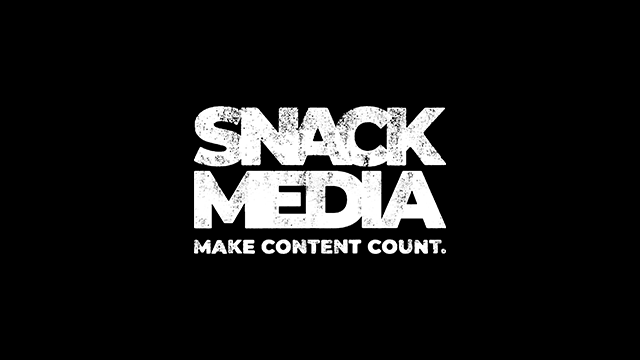This week FC Barcelona released an interactive mobile experience just in time for the El Clasico showdown against Real Madrid. The aim of the campaign was for fans to engage and leverage social media channels to boost ticket sales and registrations for the FC Barcelona website. It is one of many new fan engagement tools being pioneered to increase fan involvement. The experience presented fans with a chatbot quiz with questions and stats about former El Clasico games. So far the campaign has produced a positive reaction and impressive engagement with the passionate FC Barcelona fans who have been given the ability to engage with their club in a fun and innovative mobile-first way.
. @FCBarcelona readies itself for @realmadrid showdown with interactive mobile experience ahead of El Clasico @fastory https://t.co/z9PwuICsRH via @thedrum
— TARUKA (@TarukaSrivastav) December 23, 2017
Live video has been one of the biggest developments of 2017. Online footage is more accessible than ever. Whether you’re watching on mobile, tablet or desktop, video quality has made significant leaps this year and this does not look to be slowing down anytime soon. In fact, it is stated that by 2019, online video will be responsible for four-fifths of global internet traffic. The rise in viewership of this format has been substantial with over 80% of internet and mobile audiences watching more live videos in 2016 than in 2015 a figure which still looks to rise. We will have to see what 2018 has on offer for video, streaming and live technology and what effect this will have on a range of industries.
What do you think was the biggest social trend of 2017? #livestreaming #livevideohttps://t.co/VYt31pJCRj
— Snack Media (@snackmedia) December 27, 2017
Next year marks the 2018 FIFA World Cup in Russia. It has been clear as of late that many brands and advertisers are expressing concerns about involving themselves with the tournament. There are a variety of reasons for this, many of which are genuine and serious, but one aspect companies need to remember is the direct connection the World Cup has with billions around the world. Campaign reported this week that brands need to take control over how they communicate with football fans as they naturally have started pulling away from passive pundits. Therefore, its important companies look towards ‘curating content but also honing and owning the shape of the conversation.’ as we get closer to the World Cup in Russia.
World cup is coming. Here's my thoughts on why it will be a blinder. https://t.co/apXzWbq0yK
— James Kirkham (@spoonybear) December 27, 2017
Digital advertising has seen a significant shift this year. One platform which has developed its offering is Snapchat. This comes as a result of ad buyers continually reserving campaigns for the ‘experimental portion’ of the budget, therefore, ad spend has seen minimal growth compared to many other social sites. One of the biggest moves from Snap this year is the introduction of Snapchat Ads Manager which allowed ad buyers to run ad units via a self-serve auction. Other tools include artificial reality ads as well gamified ads. It is expected that 2018 will see further developments in these two elements. Snap will be hoping to see increased revenues as a result which can help go towards making up for a difficult 2017.
Snapchat had a tough but busy year. After a disappointing earnings call in November, ad buyers continue to reserve Snapchat campaigns for the “experimental” portions of their budgets, a slim 10 to 20 percent. https://t.co/lwmWOERRmj
— Digiday (@Digiday) December 28, 2017



